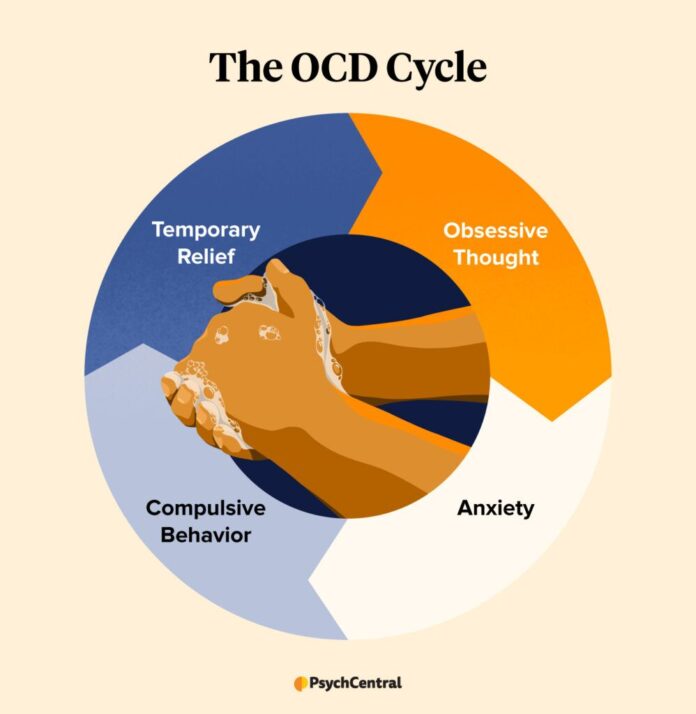Unraveling the intricate facets of Obsessive-Compulsive Disorder (OCD), a renowned therapist delves into the realm of thinking errors that underlie this challenging condition. Published on August 26, 2023, this elucidating discourse sheds light on the intricate cognitive distortions that shape the experiences of individuals grappling with OCD. From the perplexing thought-action fusion to the weighty burden of an inflated sense of responsibility, these revelations offer a new perspective on understanding and addressing OCD.
OCD, characterized by relentless cycles of compulsive actions and uncontrollable thoughts, presents a formidable challenge to those afflicted. The compulsions, often repetitive in nature, serve as coping mechanisms for the obsessions that relentlessly plague individuals. Frequently, these obsessions revolve around fears, such as germs or the need for specific arrangements. To shed light on the underlying cognitive intricacies of OCD, therapist Maythal Eshaghian unveils a series of thinking errors that often exacerbate the condition.
Excessive Importance to Thoughts: One of the pivotal thinking errors in OCD revolves around affording an undue significance to thoughts. Individuals afflicted with this disorder tend to magnify the impact of their thoughts, leading to an intricate web of distress. This hyper-focus on the mental realm amplifies the internal turmoil that OCD brings forth.
Interpreting Intrusive Thoughts: Intrusive thoughts, often unwelcome and distressing, become a breeding ground for negative self-assessments in individuals with OCD. A relentless tendency to interpret these thoughts as direct reflections of one’s character can lead to profound self-doubt and emotional distress.
Inflated Sense of Responsibility: The burden of responsibility assumes staggering proportions within the minds of individuals wrestling with OCD. The belief that they are responsible for preventing negative outcomes or ensuring everything goes perfectly becomes an overwhelming force, perpetuating compulsive behaviors as a means to fulfill this self-imposed duty.
Thought-Action Fusion: At the core of cognitive distortion in OCD lies the concept of thought-action fusion—a belief that harboring a thought is equivalent to committing an action. This distortion propels individuals into a perpetual cycle of compulsions, as they strive to negate the perceived implications of their thoughts through repetitive actions.
Illusion of Thought Control: A common cognitive misconception involves the illusion of control over one’s thoughts. Individuals may erroneously believe that they can exercise absolute dominion over their intrusive thoughts. Consequently, substantial mental energy is expended in an attempt to suppress or eliminate these thoughts, inadvertently intensifying their persistence.
In unveiling these thinking errors, the therapist emphasizes the importance of recognizing and addressing them as part of the therapeutic journey. By shedding light on the complex cognitive landscape that underpins OCD, a more nuanced understanding emerges, paving the way for effective interventions and strategies to manage the condition.


